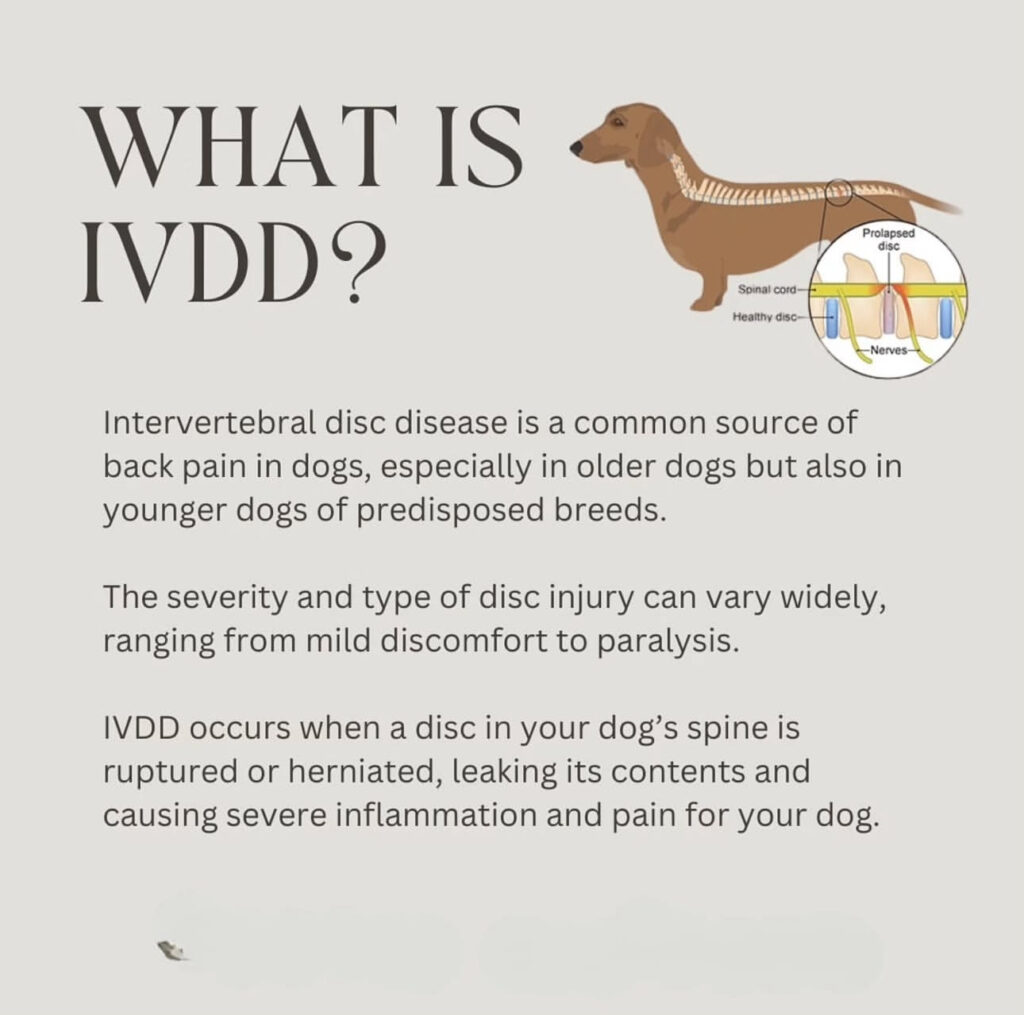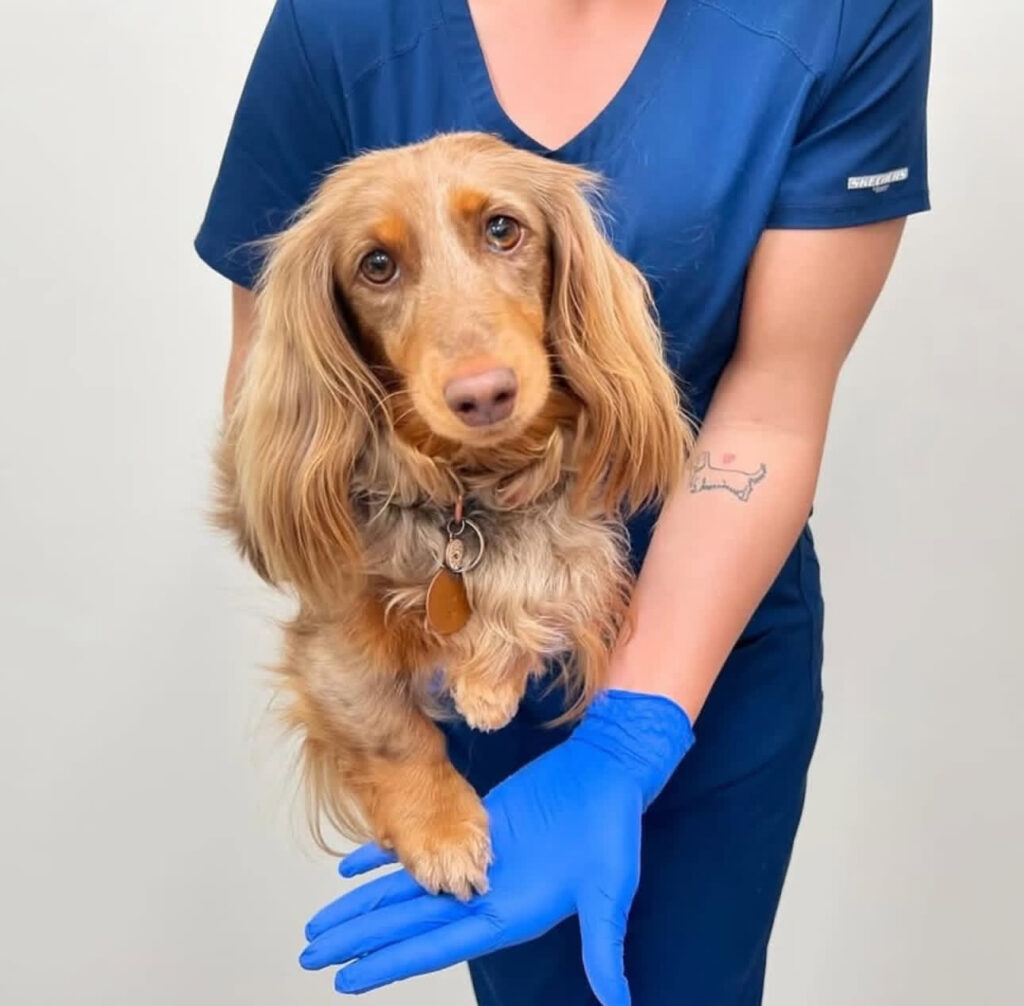Common Health Issues in Mini Dachshund Puppies – What New Owners Need to Know
Hi there! I’m a breeder based in sunny California who’s been raising mini dachshund puppies for years. Over time, I’ve learned that while this breed is full of charm, they do come with their own set of common health quirks—especially during the puppy stage.
Whether you’re buying or adopting, being informed is key. My goal with this article is to help you understand what to look for, what to ask a breeder, and how I work to raise healthy, happy dachshund pups right from day one.
Why Health Awareness Is Crucial When Choosing a Mini Dachshund Puppy
Mini dachshunds are a unique breed. That long spine and little body? Adorable, yes—but also a bit prone to certain issues if not bred or raised carefully.
As a breeder, I don’t just focus on appearance—I focus on health-first breeding, routine vet screenings, and prevention. Every puppy that leaves my home is already well on their way to a healthy start.
Top 7 Most Common Health Issues in Mini Dachshund Puppies
Here are the issues I see most often in this breed—and how I actively prevent them in my litters.
1. Intervertebral Disc Disease (IVDD)
This is probably the best-known health issue in the dachshund world. It’s a spine condition that can lead to pain or paralysis if not treated.

What I do:
I carefully select breeding pairs with no family history of IVDD and educate every new owner on back safety—no jumping off furniture, use ramps, and avoid stairs.
One pup, Toby, went to a family who built him a full custom ramp system within days of bringing him home. He’s now 4 and has never had a single back issue.
2. Patellar Luxation
This is a kneecap issue that causes limping or leg instability. It’s not exclusive to dachshunds, but their short legs can be a factor.
How I prevent it:
Regular checks during early development and choosing breeding dogs with strong joint history.
3. Obesity (Which Leads to Bigger Problems)
Mini dachshunds love food—but extra weight puts major stress on their spine and joints.
What I teach new owners:
Portion control, no table scraps, and keeping treats under control. Every puppy from my program goes home with a custom feeding guide to help prevent early weight gain.
4. Dental Disease
Small breeds often deal with tartar, plaque, and bad breath. Dachshund puppies are no exception.
Prevention tip:
Start brushing teeth early! I introduce my puppies to safe chew toys and puppy brushes around 6 weeks so it’s not a shock later.
5. Food Allergies or Sensitivities
Some dachshund pups react poorly to certain proteins or fillers in food—chicken and grain are common culprits.
What I do:
They’re feed a carefully chosen diet and I track each litter’s response. I once had a long-haired pup named Max who only thrived on lamb-based food. I worked with his new family to keep him healthy and itch-free.
6. Parasites and Worms
Puppies are naturally vulnerable to roundworms, hookworms, and more. Symptoms include bloating, diarrhea, and low energy.
What I provide:
Every puppy is dewormed multiple times and comes with a detailed vet record. This is one of the first questions buyers should ask any breeder!
7. Heart Murmurs or Congenital Defects
While rare, heart murmurs or minor congenital defects can show up during early checkups.
Why you can trust my program:
Each of my puppies gets a full health check by a licensed vet before going home, and I always share these results with buyers—transparency is everything.

What to Ask a Breeder Before You Buy or Adopt
As a breeder, I love when potential owners ask thoughtful questions. Here’s what you should ask anyone selling or adopting out a mini dachshund puppy:
- What health screenings have been done?
- Have the puppies been dewormed and vaccinated?
- Any known issues in the puppy or lineage?
- Is a health guarantee included?
- Will I receive all health records and vet documentation?
I provide all of this in a health binder with every puppy—plus a CITES permit if needed for buyers outside California or internationally.
How Reputable Breeders Like Me Help Prevent These Issues
Health-first breeding means:
- Carefully selecting parents for genetic health and temperament
- Raising puppies in a clean, social, supervised environment
- Vet care starting at 6 weeks
- Providing early training, feeding guides, and lifelong support
You wouldn’t believe the difference this makes. I once had a repeat buyer fly from Texas just to get another pup from our program—because his first was “the healthiest, most balanced dog” he’d ever had.
What’s Included When You Adopt or Purchase From Me
Every puppy from my home-based breeding program comes with:
- Vaccination & deworming records
- Vet health certificate
- Feeding and care guide
- Early training and socialization
- Lifetime support
👉 Check out my online pet shop for current litters and upcoming availability. I’d be happy to walk you through health records or set up a video meet-and-greet.
Final Thoughts
Mini dachshund puppies may be small, but the decision to bring one home is a big responsibility. Knowing what health issues to look out for—and working with a breeder who puts wellness first—can save you a lot of stress (and vet bills) down the road.
As a breeder who’s raised generations of healthy, hand-loved dachshunds, I’m here to help you make the most informed, confident choice.
Questions? Reach out anytime. Let’s find the perfect (and healthy!) pup for your family. 🐾
